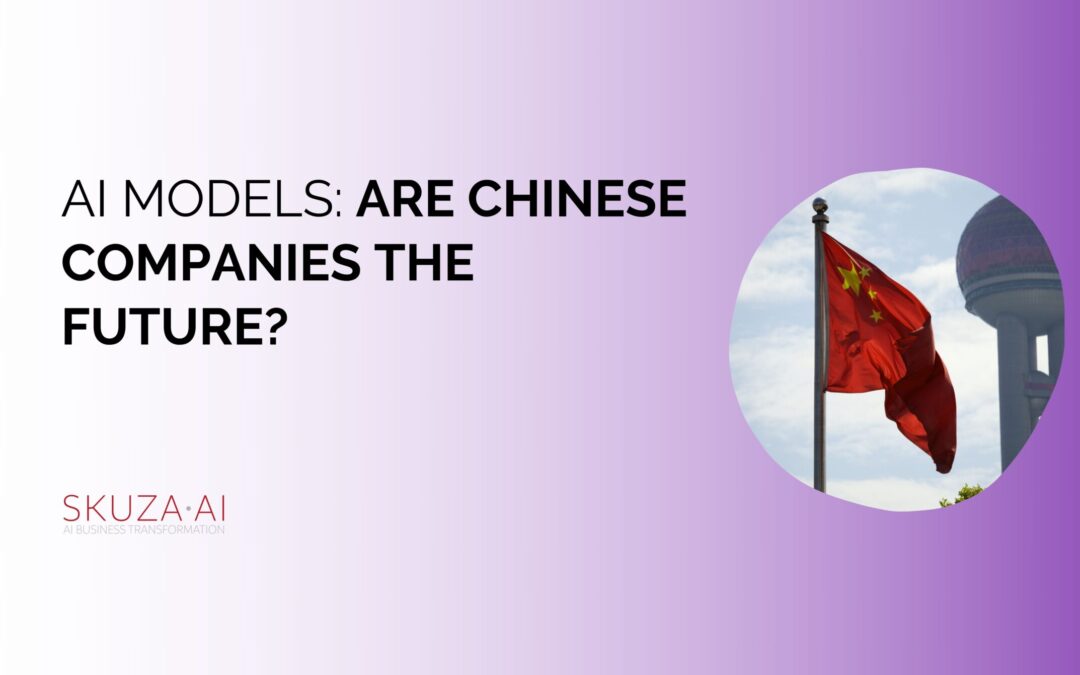Artificial intelligence (AI) continues to revolutionize businesses worldwide, yet a pivotal question arises: Are Chinese AI models the future? For professionals who aren’t particularly tech-savvy but engage with tech in their industries, understanding this landscape is crucial. Let’s explore why examining Chinese AI is increasingly important.
Embracing Cost-Effective Solutions
Chinese companies are breaking through with competitive AI solutions. Notably, they offer models at a fraction of the cost compared to their American counterparts like ChatGPT or Claude. According to industry leaders, these solutions could potentially be 50 to 100 times cheaper. This stark price difference invites businesses to reconsider their AI sources, especially as cost optimization remains an ongoing priority.
Navigating Trust and Transparency
A crucial factor influencing AI adoption is trust. Consider Jens Spark, a new AI-driven app by a Chinese company, where its team’s absence on platforms like LinkedIn raises questions. This absence points to a broader hesitation by Western users to fully embrace Chinese AI, driven by concerns over data transparency. Businesses must, therefore, diligently seek clarity on who their AI partners are to ensure trustworthiness in both optics and operations.
AI-Powered Innovations Across Industries
AI is the backbone of many specialized tools, from creative solutions like Canva to more complex systems like PowerDrill. Canva’s partnership with Anthropic, an American company supported by Amazon, underscores how Western companies are leveraging AI for diverse applications. Yet, if Chinese models prove equally effective and significantly cheaper, industries might shift alliances globally.
The Triumvirate of Concerns: Cost, Privacy, and Security
Decision-makers need to understand the implications of partnering with AI technologies. The advantages extend beyond cost savings to include privacy concerns and security. Leaders must proactively assess who they are collaborating with, questioning the ramifications on data handling and corporate security. With Chinese AI models emerging as potential frontrunners, businesses cannot ignore the fine print of their technological choices.
Future Prospects and Responsible Choices
If Chinese AI models continue to deliver both value and reliability, sectors could rapidly transition to utilizing these solutions. Such shifts would not only reflect economic strategy but also dictate industry standards across marketplaces globally. As a manager or business leader, grasping the mechanics of AI allows for more informed, responsible decision-making that aligns cost with security and innovation.
In conclusion, the prospect of integrating Chinese AI models into Western business ecosystems demands careful scrutiny and strategic foresight. By understanding these dynamics, organizations can position themselves advantageously amid an evolving technological landscape.

